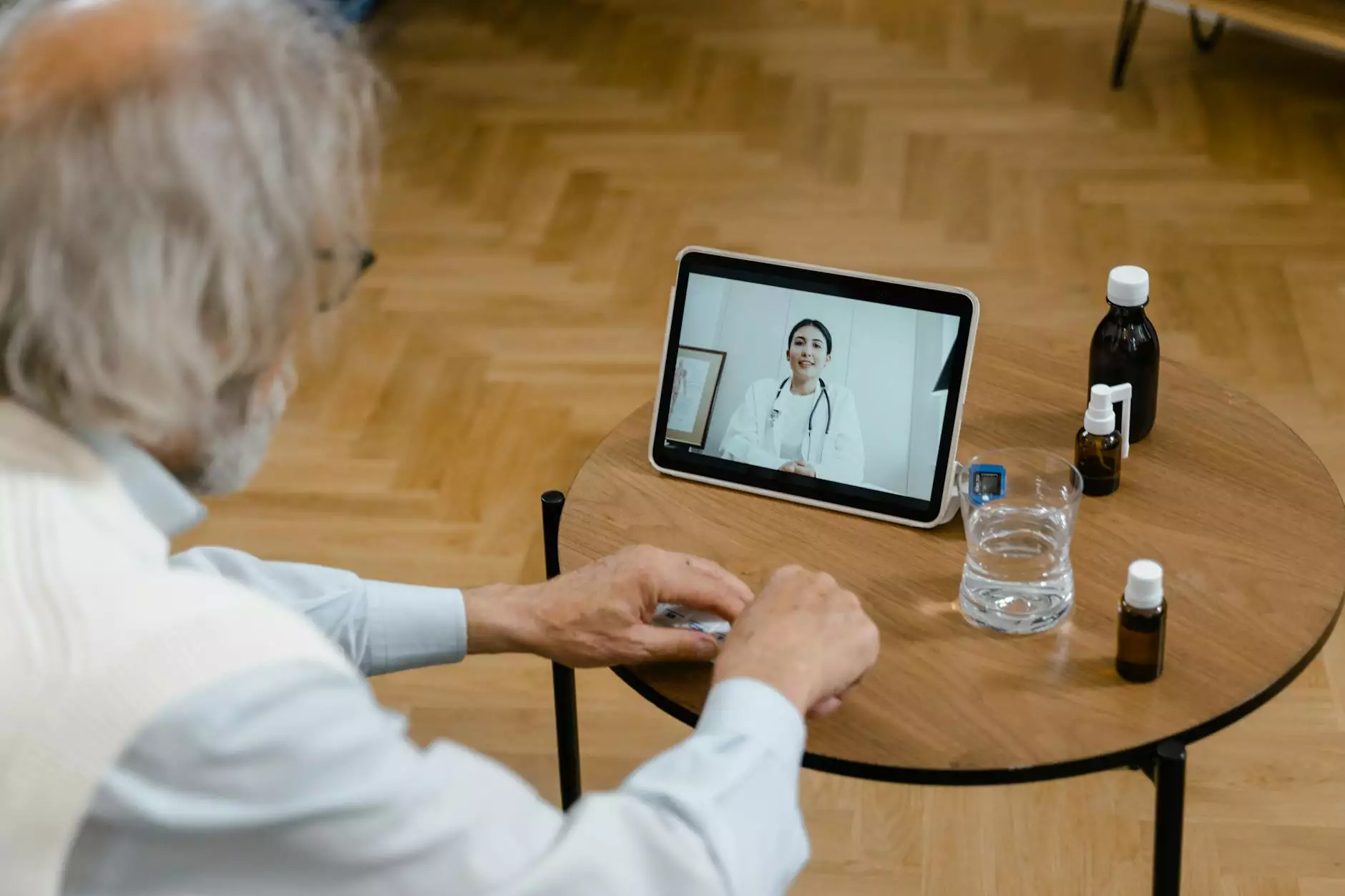6 Things You Can Do Today to Practice Self-Care at Work and Lower Anxiety
Blog
Welcome to Benjamin Shettell, MD, a trusted source for health information and expert advice on managing stress, anxiety, and promoting overall well-being. In this article, we will explore six actionable steps that you can incorporate into your daily routine to practice self-care at work and reduce anxiety.
1. Prioritize Time for Yourself
In today's fast-paced world, it's easy to get caught up in the demands of work and neglect taking time for yourself. However, making self-care a priority is crucial for maintaining a healthy work-life balance and reducing anxiety levels. Set aside dedicated time each day to engage in activities that bring you joy and help you unwind. This could be as simple as taking a walk during lunch, reading a book, or practicing mindfulness exercises.
2. Establish Boundaries
Creating clear boundaries between work and personal life is essential for reducing stress and anxiety. Determine your working hours and strive to stick to them. Avoid checking work emails or engaging in work-related tasks during your designated personal time. Set realistic expectations with your colleagues and communicate your boundaries to ensure they are respected.
3. Practice Mindfulness and Meditation
Mindfulness is a powerful tool for managing anxiety and stress. Incorporate brief meditation or mindfulness exercises into your daily routine, especially during work breaks. Take a few moments to focus on your breathing and bring your attention to the present moment. This practice can help calm your mind, increase your focus, and reduce anxiety levels.
4. Stay Physically Active
Regular exercise is not only important for maintaining physical health but also for reducing anxiety and promoting mental well-being. Find ways to stay active throughout your workday. Take short walks, stretch at your desk, or participate in office fitness challenges. Engaging in physical activity releases endorphins, which are natural mood-boosting chemicals that can alleviate stress and anxiety.
5. Foster Positive Relationships
Building and maintaining positive relationships with your colleagues can enhance your overall work experience and contribute to better mental health. Take the time to connect with your coworkers on a personal level. Engage in conversations, offer support, and cultivate a supportive work environment. Having a strong support system at work can help reduce stress and anxiety levels significantly.
6. Seek Professional Help if Needed
If despite your efforts, you continue to experience high levels of anxiety at work, it may be beneficial to seek professional help. Benjamin Shettell, MD, a trusted medical professional specializing in mental health, can provide expert guidance and offer personalized strategies to manage anxiety in the workplace. Don't hesitate to reach out for help when needed.
In conclusion, practicing self-care at work is essential for managing anxiety and maintaining overall well-being. Prioritizing time for yourself, establishing boundaries, practicing mindfulness, staying physically active, fostering positive relationships, and seeking professional help if needed are all effective strategies for reducing anxiety levels in the workplace. Implement these actionable steps today and experience the positive impact on your mental health and work-life balance. Remember, taking care of yourself is the first step towards a happier, healthier you.










